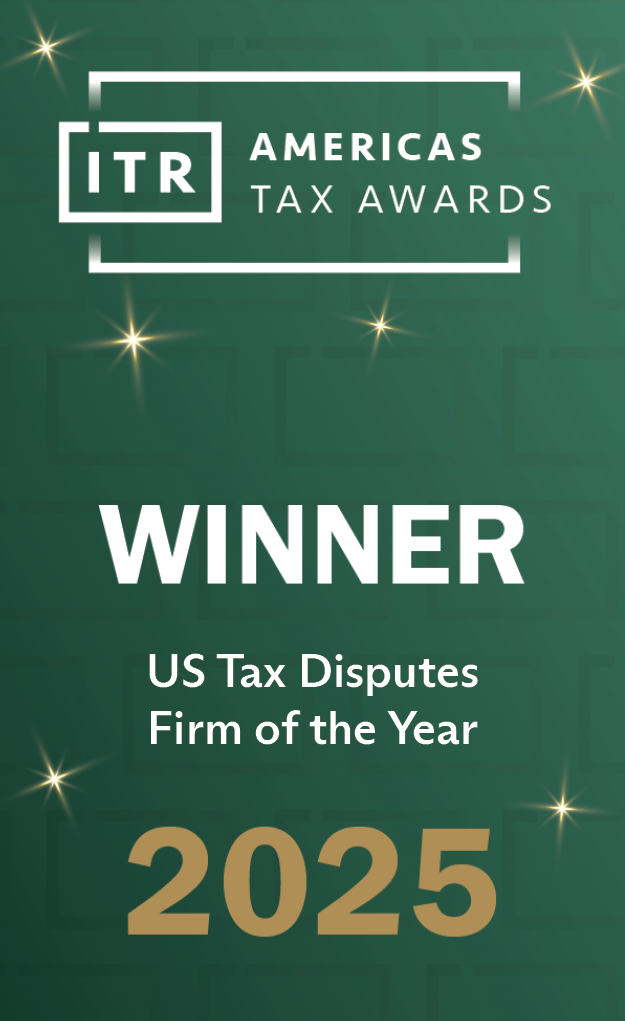On July 26, 2019, the Internal Revenue Service (IRS) issued a press release informing the public that it is sending more than 10,000 letters to taxpayers with potentially unreported (or misreported) virtual currency transactions. The letters will inform them of the possible reporting requirements that may apply to these transactions and advise them of the need to correct past errors.
As IRS Commissioner Chuck Rettig notes in the release, “Taxpayers should take these letters very seriously by reviewing their tax filings and when appropriate, amend past returns and pay back taxes, interest and penalties. . . .The IRS is expanding our efforts involving virtual currency, including increased use of data analytics. We are focused on enforcing the law and helping taxpayers fully understand and meet their obligations.”
As we have previously reported, the IRS has stepped up its enforcement efforts regarding the reporting of cryptocurrency holdings and transactions in recent years. Currently, an IRS campaign specifically focuses on virtual currency compliance. In addition, the IRS Criminal Investigation Division counts virtual currency as one of its enforcement priorities.
The IRS’s enforcement efforts come at a time when information available to the IRS regarding global cryptocurrency holdings of US taxpayers is exponentially growing. For example, the IRS was successful in obtaining account information for more than 14,000 holders of virtual currency at Coinbase, Inc. in 2017 in a “John Doe” summons proceeding. See United States v. Coinbase Inc., No. 3:17-cv-1431 (N.D. Cal.). The IRS’s more effective use of data analytics make the available account information much easier to search and to connect to US taxpayer information already in the IRS’s possession. Taxpayers relying upon the anonymity and privacy of virtual currency to avoid US reporting obligations may quickly find that, for tax purposes, the accounts may not be so secret after all.
In IRS Notice 2014-21, 2014-16 IRB 938, the IRS explained that so-called “virtual currencies” that can be exchanged for traditional currency are “property” for federal income tax purposes. As such, a taxpayer must report gain or loss on its sale or exchange, measured against the taxpayer’s cost to purchase the virtual currency. Under the Tax Cuts and Jobs Act, section 1031 like-kind exchange treatment is no longer available for virtual currency transactions.
How should a taxpayer holding cryptocurrency come into compliance? The IRS has considered and rejected a specific voluntary disclosure program for virtual currencies at this point, but the traditional options for tax non-compliance remain available. These include the IRS’s long-standing voluntary disclosure policy (recently updated), filing amended returns, and—if international issues are involved, the Streamlined Filing Compliance Procedures and Delinquent International Information Return Submission Procedures.
Practice Point: Many of the letters going out to taxpayers this month will be “soft letters” (i.e., they inform the taxpayer of reporting obligations and do not require a response). Be warned, however, that many of them will require the taxpayer to take immediate action, including filing amended returns. The important message—as reflected in the wave of IRS letters coming out this week—is that non-compliant taxpayers should check their transactions, check their reporting, and act as soon as possible to disclose and report their virtual currency holdings to the IRS.







